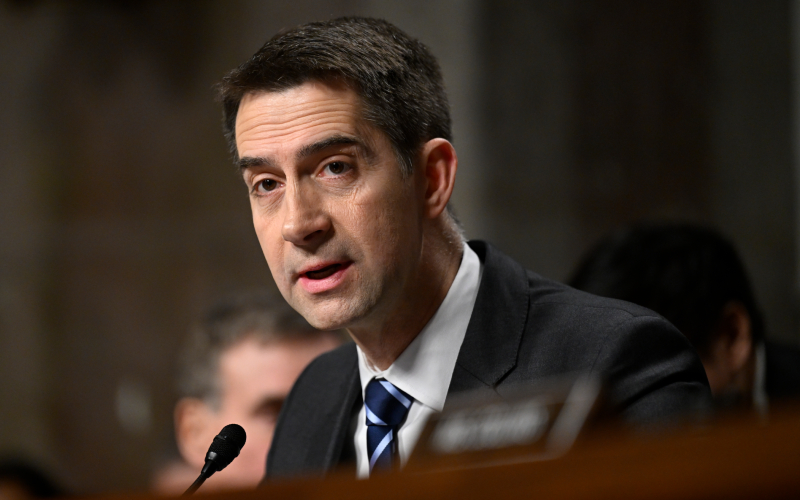Reacting to DOGE and its work, Rep. Glenn Grothman (R-Wisconsin) told Washington Watch Tuesday that it’s time to air the dirty political laundry. Republicans in Congress, he said, need to steady themselves for a budget fight and let the public see more of who wants to spend what and why.
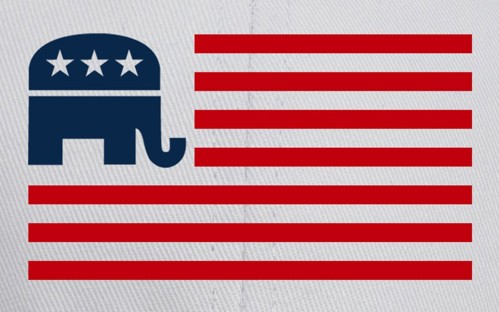 Some might be surprised by the spending arguments.
Some might be surprised by the spending arguments.
The House of Representatives controls the purse but too many in the lower chamber are aiming too low in their proposed budget cuts, according to Sen. Ron Johnson (R-Wisconsin).
Speaking on the John Solomon Reports podcast last week, Johnson proposed three different budgets, looking at spending levels from the Clinton and Obama administrations and from Donald Trump’s current budget plans.
Sen. Johnson wants deep cuts
His deepest proposed cuts come when preparing a budget off the $1.7 trillion spent by Bill Clinton in 1998.
Johnson’s proposal exempts Social Security, Medicare and current interest from cuts. He takes the $1.7 trillion and adjusts up to $5.5 trillion “which just happens to be what (Joe) Biden was projecting for revenue for this fiscal year. We’d have a balanced budget,” Johnson told Solomon.
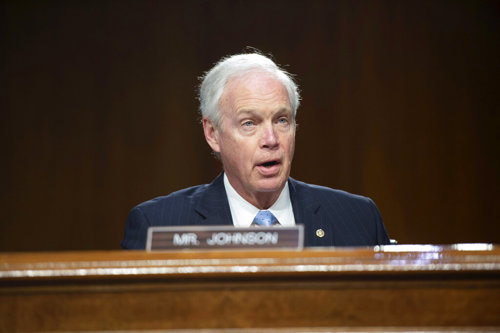 Using the same approach for Trump’s budget plan would lead to $6.1 trillion in spending, Johnson said. That’s a fiscal path favored by Sen. Lindsey Graham among others.
Using the same approach for Trump’s budget plan would lead to $6.1 trillion in spending, Johnson said. That’s a fiscal path favored by Sen. Lindsey Graham among others.
“Look at what the House is arguing over. They’re looking at reducing spending by major a quarter of a trillion dollars,” Johnson said.
In an X post about Congress and its budgets, Blaze Media editor Daniel Horowitz says far-right Republicans in the House Freedom Caucus “are getting crushed” for proposing $1.5 trillion in cuts over 10 years.
“There is this big disconnect with what people are perceiving from Musk/DOGE (spending abuse findings) and what is actually happening in Congress where the checks are written," Horowitz, known for his political analysis, wrote in the post.
"At some point, Trump is going to have to decide whether he wants to wield his influence over Congress,” Horowitz concludes.
GOP unwilling to fight it out
Grothman wants to see more Republicans in Congress not only on the record for the spending arguments. He wants to see the record made public.

The problem facing the party is Republicans don’t have the stomach for real spending fights, he told show host Tony Perkins.
“The Republican Party does not do enough to make public the arguments for how much we should spend. They just concede the point that we have to spend as much as we did last year or continue last year's program,” Grothman said.
As a result, unnecessary or bloated programs remain in the budget and “this stuff just continues forever.”
'Nothing closes' in federal government
“Right now, the way Congress operates, the assumption is always that once a program gets in there, it will always be in there. In the private sector, we forever see retail outlets, restaurants open, and if they can't make it they close. Nothing closes in the federal government,” Grothman said.
That Waffle House-like “always open” approach has benefited both parties.
The news website Trending Politics reported last week that Republican Sen. Tom Cotton has come under fire for opposing a Trump pick for a DOD undersecretary position.
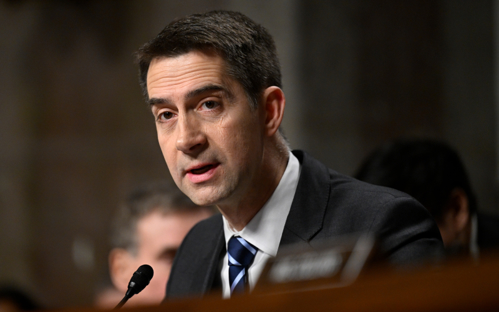 Further digging by DataRepublican, an X account that investigates government spending, revealed that Cotton is a board of directors member for an obscure nonprofit whose global agenda might not always align with Trump’s America First policies. This nonprofit, the International Republican Institute, has received more than $130 million from USAID, the leftist federal agency and chief offender on the DOGE list of spending abusers.
Further digging by DataRepublican, an X account that investigates government spending, revealed that Cotton is a board of directors member for an obscure nonprofit whose global agenda might not always align with Trump’s America First policies. This nonprofit, the International Republican Institute, has received more than $130 million from USAID, the leftist federal agency and chief offender on the DOGE list of spending abusers.
Though directors aren’t officially on the IRI payroll, they benefit in other ways. Cotton is far from the only Republican involved.
“That’s one of the reasons we’re so broke,” Grothman said. “Right now, we are borrowing about 26% of every dollar spent. You’re getting a Social Security check, (Department of Defense) is building a new tank or whatever, 26% of that is borrowed. You could never operate your household that way.”
DOGE is temporary fix
DOGE is a temporary federal department established by a Trump executive order on his first day in office. It is set to expire on July 4, 2026.
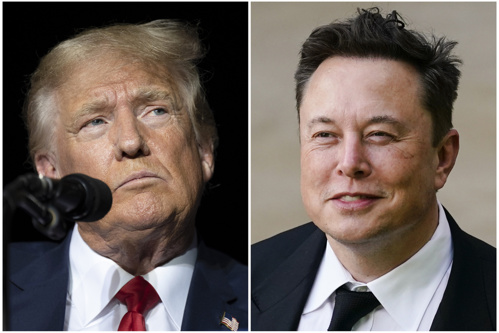 DOGE identifies waste, but it’s up to Congress to make real cuts and control spending against a deficit that is expected to reach 118% of the Gross Domestic Product in 10 years, according to Congressional Budget Office projections.
DOGE identifies waste, but it’s up to Congress to make real cuts and control spending against a deficit that is expected to reach 118% of the Gross Domestic Product in 10 years, according to Congressional Budget Office projections.
Congress hasn’t passed all 12 regular appropriations bills and funded government without a continuing resolution since 1997.
The CRs lead to omnibus spending packages that often include concessions by Republicans to pay for Democrat preferred programs and initiatives.
“Almost no one in Congress is serious about cutting spending. They’re cowards. They’re not willing to stare lobbyists (money) and constituents (voters) in the eyes and tell them it’s their oxen which must be gored. They are too afraid of losing their next election,” Rep. Thomas Massie (R-Kentucky) said.
Show the value before being funded
Grothman is hopeful the DOGE findings will lead to “zero-based budgeting.”
Programs should have to prove their value before being funded.
“There are certain committees that are in charge of a lot of spending. I'm thinking in particular the Department of Defense, the State Department, which seems to really be wasting money. We have to look at these programs from scratch and go back to zero-based budgeting, in which you have to justify every program that's out there, rather than saying, ‘well, we're just going to continue that on last year's level,” he said.



